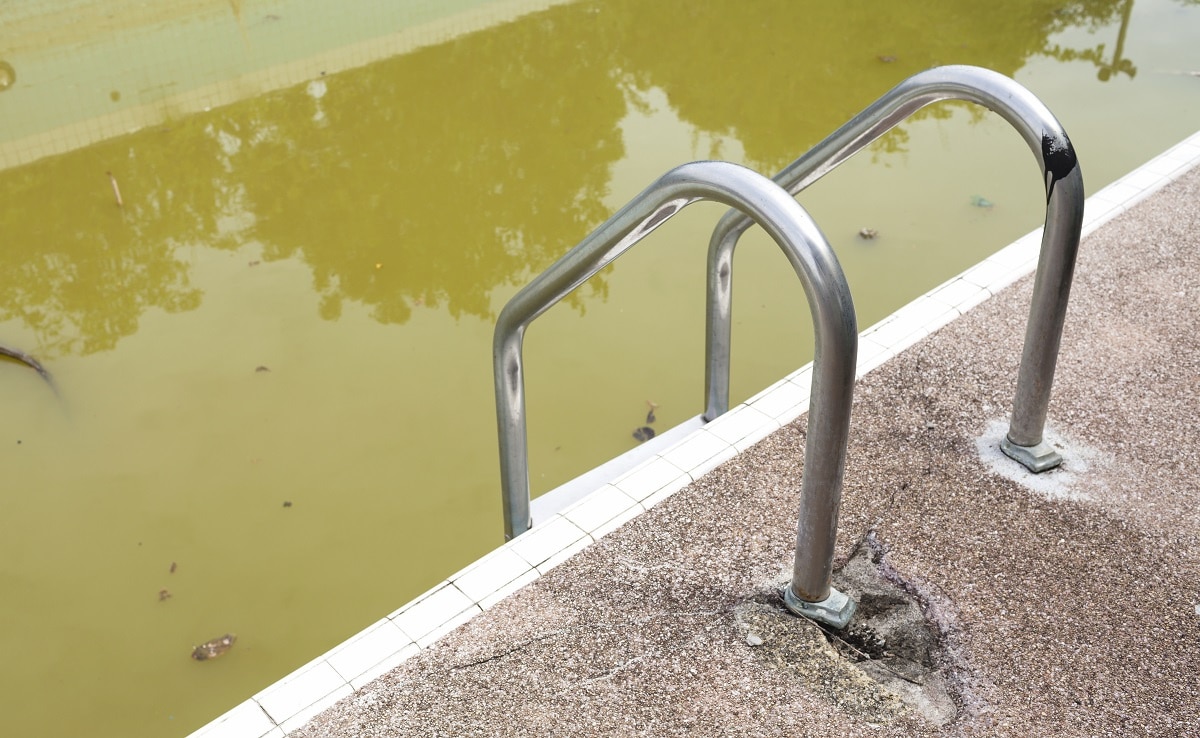
If you have a swimming pool, chances are there’s phosphate in the water. Because phosphates nourish and promote plant growth, and algae are plants, it is assumed that any phosphates in your swimming pool should be eradicated. However, there are differing schools of thought on phosphates and the effectiveness of chemicals used to get rid of them, such as a phosphate remover. Although proper maintenance by a company who performs swimming pool care in Atlanta is crucial to protecting your investment, understanding phosphates and algae growth are two things every pool owner should understand.
What Are Phosphates?
Phosphorus is the second most plentiful mineral in the body. It helps filter waste, and repair the cells and tissues in humans. It is a naturally occurring chemical compound, and it is a non-metal. According to researchers, one pound of phosphates is capable of producing 700 pounds of algae. It’s not surprising that pool owners and swimming pool maintenance services regularly monitor a pool for algae growth.
The problem with phosphates started when companies that produced laundry detergents started adding phosphates to their products to improve their cleaning ability. Every time a load of clothes was washed, phosphate-laden wastewater was sent to treatment plants. Instead of cleaning out all the phosphates, however, the wastewater treatments only cleaned up a partial amount of them. The remaining phosphates were washed out into lakes and streams in the treated water. Because phosphates promote plant growth, over time, there was a buildup of algae in the nation’s waterways, causing issues with aquatic life and contaminating drinking water supplies. The longer algae is allowed to grow, the more difficult it is to get rid of it.

The Causes of Algae Growth
Algae require air, water, sun, phosphates, and nitrates to grow. A lack of circulation, low sanitizer levels, poor chemical balance, and faulty filtration are the main reasons algae thrives in a swimming pool. The best way to prevent algae is to keep up a regular maintenance schedule and use sanitizers effectively. If you prevent algae, there’s no need to use a remover.
Phosphorous accesses the water in your swimming pool in a variety of ways. Wind, dirt, and rain can be sources for phosphorous, but what may surprise many pool owners is that phosphorous most commonly makes its way into pools through the humans that swim in them. A pool with heavy usage that doesn’t follow an effective maintenance plan will more likely develop higher phosphorous levels leading to algae issues.
Preventing High Phosphorous Levels
The balance of chemicals is very important to the health of your swimming pool. Regular testing is essential and should include total chlorine, pH levels, bromine, acid demand, and total alkalinity. If your water is a greenish color, your pool has algae growth. Some phosphorous is always present in your pool water, and low levels are not dangerous. But some pool experts say that if levels exceed 1000 parts per billion (ppb), a phosphate removal product should be used. Others say it is unnecessary to use these products. Prevention of algae and high phosphorous is a much more effective option. The best option is to set up a cleaning plan, complete with inspections, winterization, and year-round care by a company offering swimming pool maintenance in Atlanta, GA.
For more information on keeping your pool healthy, please visit Sunrise Pool Services. We offer our services as experienced swimming pool cleaners in the Atlanta area, also providing maintenance and repairs.
